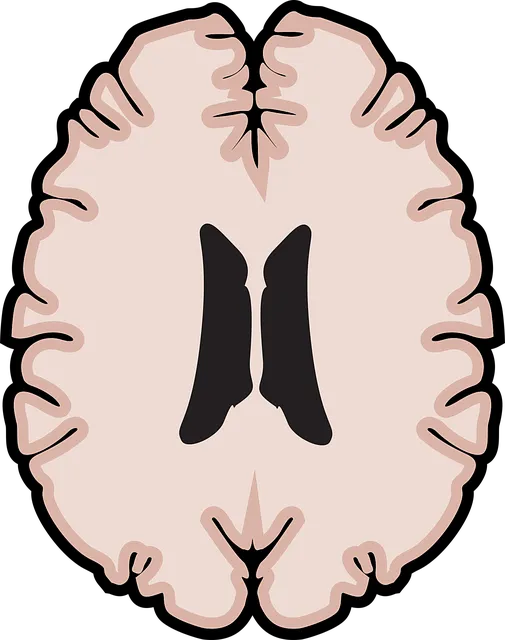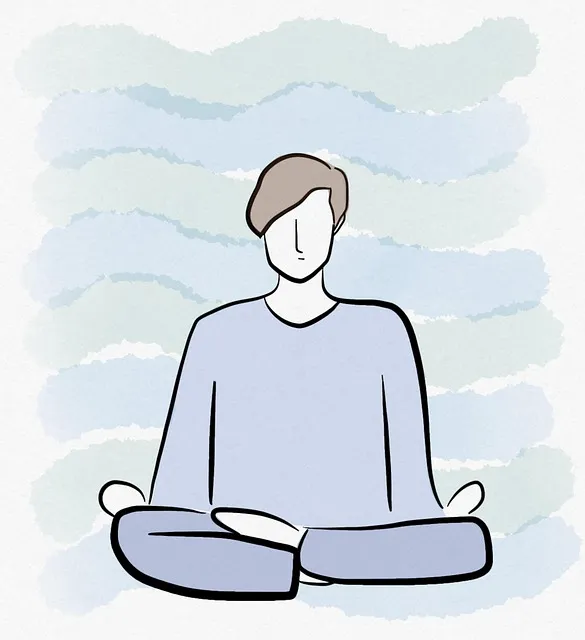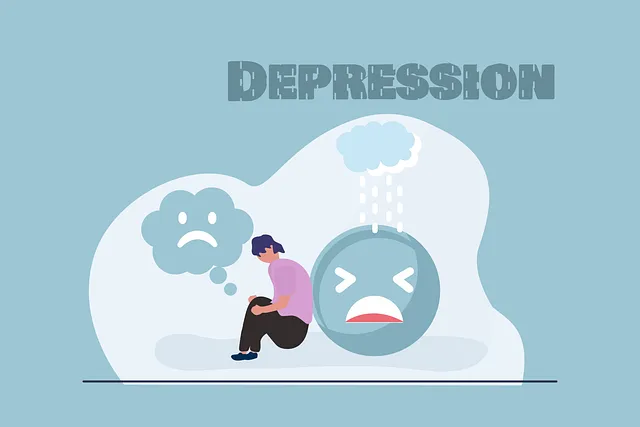The Boulder Kaiser Permanente mental health facility emphasizes the importance of coping skills in navigating life's challenges and maintaining mental wellness. They offer evidence-based practices, therapy programs, community outreach, and a mental wellness podcast series to teach individuals effective stress management, emotional regulation, and resilience building. By integrating techniques like mindfulness, deep breathing, gratitude journaling, and engaging in joyful hobbies into daily routines, the facility empowers its clients to manage their mental health holistically, reduce stigma, and foster long-term well-being.
Coping skills are essential tools for navigating life’s challenges and maintaining mental well-being. This article explores the development of effective coping strategies, highlighting the crucial role that facilities like the Boulder Kaiser Permanente Mental Health Facility play in empowering individuals to manage stress and adversity. We’ll delve into evidence-based approaches, offering practical insights on integrating these skills into daily routines for lasting mental health benefits.
From understanding the significance of coping mechanisms to strategies for acquisition and long-term integration, this guide equips readers with valuable knowledge.
- Understanding Coping Skills and Their Significance
- The Role of Boulder Kaiser Permanente Mental Health Facility in Skill Development
- Strategies for Effective Coping Skills Acquisition
- Integrating Coping Skills into Daily Life for Long-Term Wellbeing
Understanding Coping Skills and Their Significance

Coping skills are a vital set of strategies that individuals use to navigate life’s challenges and maintain their mental wellness. At Boulder Kaiser Permanente mental health facility, we recognize that understanding and developing these skills is crucial for overall well-being. Coping effectively involves managing stress, regulating emotions, and finding positive ways to deal with difficult situations. It’s about recognizing when you’re facing a challenge and knowing how to respond in a way that promotes resilience and adaptability.
The significance of coping skills cannot be overstated, especially in today’s fast-paced world where burnout prevention is a growing concern. Our Mental Wellness Podcast Series Production often highlights the importance of these skills in mitigating stress and preventing crises. Crisis intervention guidance, for instance, focuses on teaching individuals how to recognize early warning signs of distress and implement immediate coping strategies. By fostering robust coping mechanisms, Boulder Kaiser Permanente aims to empower individuals to better handle life’s challenges, enhancing their ability to navigate uncertainties and promoting long-term mental health.
The Role of Boulder Kaiser Permanente Mental Health Facility in Skill Development

The Boulder Kaiser Permanente Mental Health Facility plays a pivotal role in fostering coping skills development among individuals grappling with mental illness. This specialized center offers a multitude of services designed to empower patients and equip them with effective strategies for managing their conditions. Through comprehensive therapy programs, education on stress reduction methods, and initiatives aimed at mental illness stigma reduction efforts, the facility creates a supportive environment conducive to healing and growth.
Here, professionals employ evidence-based practices to address various mental health concerns, including anxiety relief. By integrating these coping skills into daily routines, patients gain resilience and improved quality of life. The Boulder Kaiser Permanente Mental Health Facility’s holistic approach not only targets symptoms but also promotes overall well-being, ensuring individuals leave with enhanced coping mechanisms that support them in navigating life’s challenges.
Strategies for Effective Coping Skills Acquisition

At Boulder Kaiser Permanente mental health facility, individuals seeking to enhance their coping skills can benefit from a multi-faceted approach. One effective strategy is engaging in a Community Outreach Program Implementation. By connecting with support groups and local organizations, patients gain access to diverse resources and build a sense of community, which is vital for sustainable mental wellness. This holistic approach not only provides practical tools for coping but also fosters a feeling of belonging.
Additionally, the Mental Wellness Podcast Series Production plays a significant role in educating individuals about various coping techniques. These podcasts, tailored by experts at Kaiser Permanente, offer insights into stress management, emotional regulation, and resilience-building strategies. Incorporating these audio resources into daily routines allows listeners to learn and practice coping skills conveniently. Moreover, integrating Cultural Sensitivity in Mental Healthcare Practice ensures that coping strategies are tailored to individual needs and backgrounds, promoting effective and respectful care.
Integrating Coping Skills into Daily Life for Long-Term Wellbeing

Integrating coping skills into daily routines is essential for long-term wellbeing, as advocated by professionals at Boulder Kaiser Permanente mental health facility. Beyond temporary fixes, these skills equip individuals with the resilience to navigate life’s challenges. By incorporating stress reduction methods, such as mindfulness and deep breathing, one can cultivate a sense of calm amidst chaos.
Moreover, fostering positive thinking through practices like gratitude journaling or engaging in hobbies that bring joy contributes significantly to mental health. Consisting these techniques within a structured self-care routine development allows for consistent application, making them powerful tools in managing stress and promoting overall wellbeing.
Coping skills, essential for navigating life’s challenges, can be cultivated and integrated into daily routines. The Boulder Kaiser Permanente Mental Health Facility plays a vital role in teaching these skills, offering strategies tailored to individual needs. By understanding the significance of coping mechanisms and employing effective acquisition methods, individuals can enhance their resilience and overall wellbeing. Integrating these skills into daily life encourages long-term mental health and fosters a more balanced and fulfilling existence.





